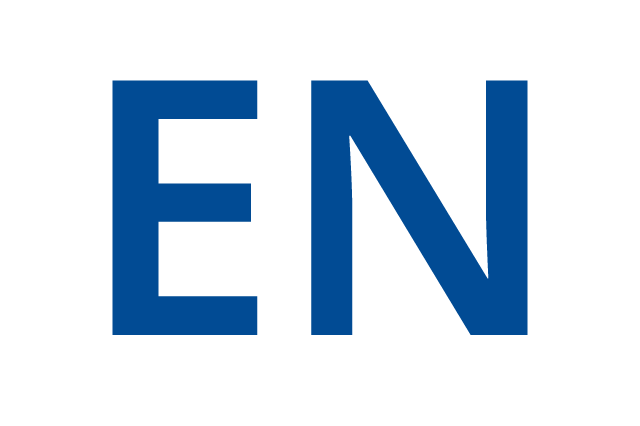
| Données Personnelles | Thématiques de recherche | Charges de cours | Publications |
Sbârciog Mihaela Iuliana



Unités
BioControl (Biosystems Modeling and Control)
PRINCIPALES THÉMATIQUES DE RECHERCHE : • Modélisation mathématique et estimation paramétrique de systèmes biologiques • Optimisation basée sur modèle et régulation de systèmes biologiques • Observation d'état (capteurs logiciels) pour systèmes biologiques • Analyse de réseaux biologiques (metabolic flux analysis, flux balance analysis, flux variability analysis), notamment pour des systèmes sous-déterminés (plus de flux inconnus que d'équations disponibles) • Applications types : cultures de microorganismes (levures, bactéries) ou cellules animales en bioréacteur (batch, fed-batch, perfusat) dans le cadre des industries agro-alimentaires et biopharmaceutiques
Projets
Research context The goal of the SuNuP project is to understand the mechanisms involved in microorganism resistance to drying through an analytical integrated approach: from the lab-scale cultures in mini-bioreactors to pilot scale drying. Funded by Wagralim, the agri-food innovation cluster in Wallonia region, the project consortium is made of - 3 academic partners: o 3BIO-BioControl –Biosystems Modeling and Control lab at Université libre de Bruxelles (modeling, identification, state estimation and optimization of biological cultures) o TIPs –Transfers, Interfaces and Processes lab at Université libre de Bruxelles (characterization and modeling of phenomena involved in drying processes) o MiPI –Microbial Processes and Interactions lab at Gembloux Agro-Bio Tech (single-cell analysis of microbial populations and bioreactor cultures) - 2 industrial partners: o Vésale Pharma (microorganism encapsulation and probiotic production) o Puratos (yeast and sourdough fermentation) –project coordinator Objectives The main objectives at 3BIO-BioControl will be to - build dynamical models of mono-and co-cultures of lactic acid bacteria and/or yeast for predicting, as a function of the operating conditions (especially the bioreactor feeding), microorganism growth, substrate consumption, metabolite production and stress protectant accumulation (for yeast); - provide mathematical modeling and analysis of the interaction/competition mechanisms in the case of co-cultures of lactic acid bacteria and yeast; - determine, based on the dynamical models, the optimal operating conditions for maximizing the microorganism growth rate and, in the case of yeast cultures, for maximizing the accumulation of stress protectants; - build software sensors (state estimators) for the online monitoring of the stress protectant accumulation in yeast.

